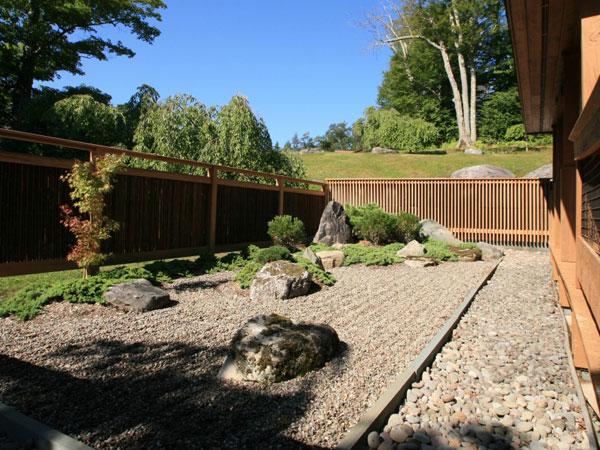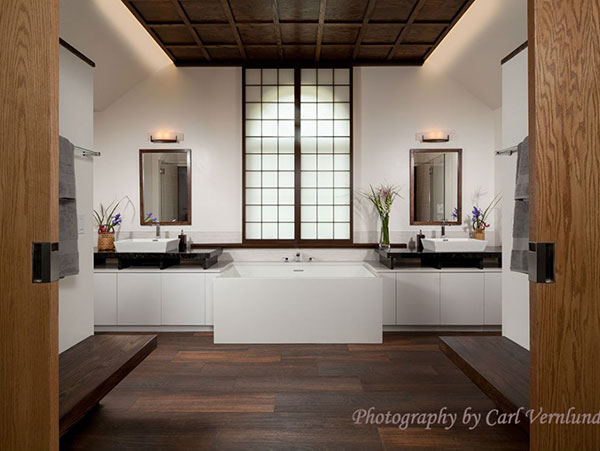Japanese gardens and Christianity
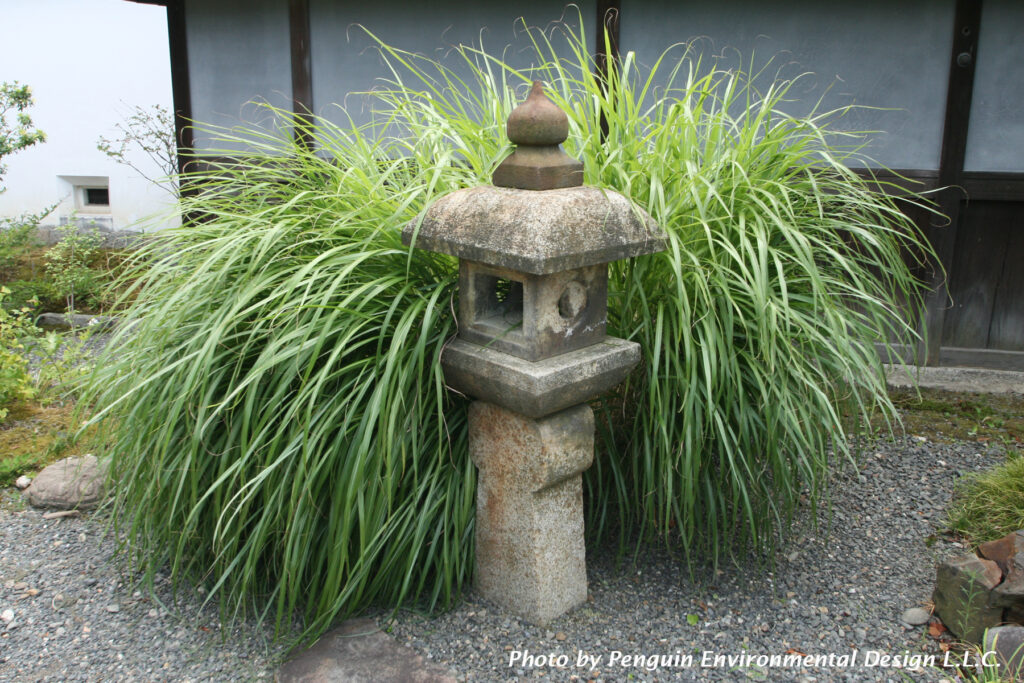
Although Japanese gardens were influenced by Buddhism significantly, there is some controversy that Christianity also influenced Japanese gardens to some extent. I am interested in this topic because Japanese people have been open to adapting to something new. The first encounter of Christianity for Japanese people was with the Portuguese Catholic in 1549. It was […]
From the Outside In
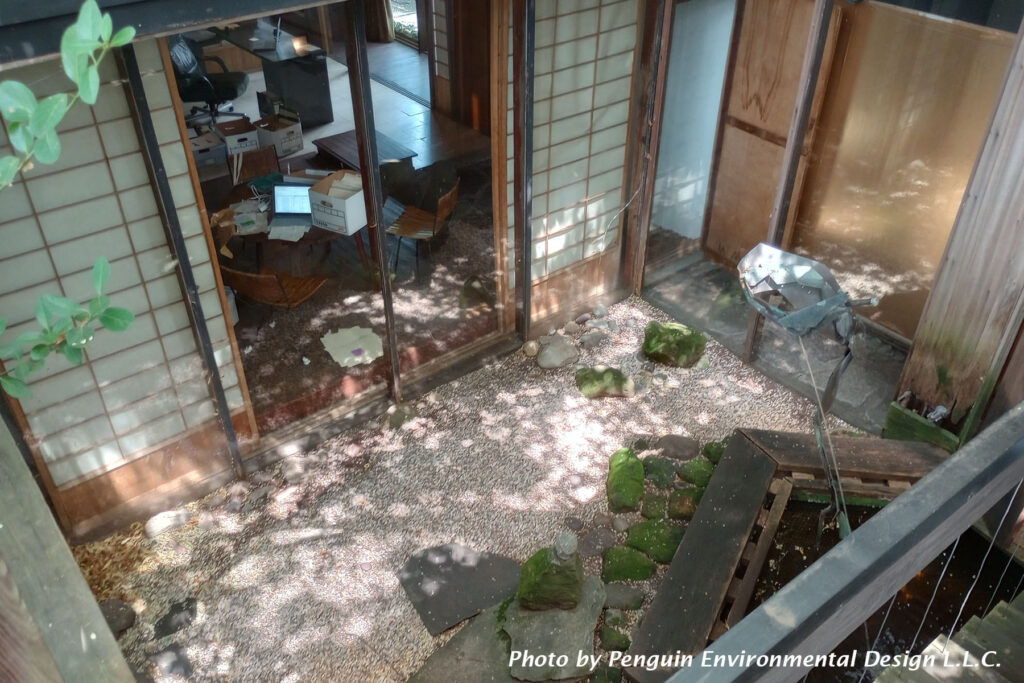
“From the outside in” is our company’s motto. When we design a house, we always think about achieving an intimate relationship with its garden. Not to mention designing a garden. This idea is rooted in Japanese culture. It is natural for us. There are many houses shut to the outside. We believe that “From the […]
Garden for Pure Land
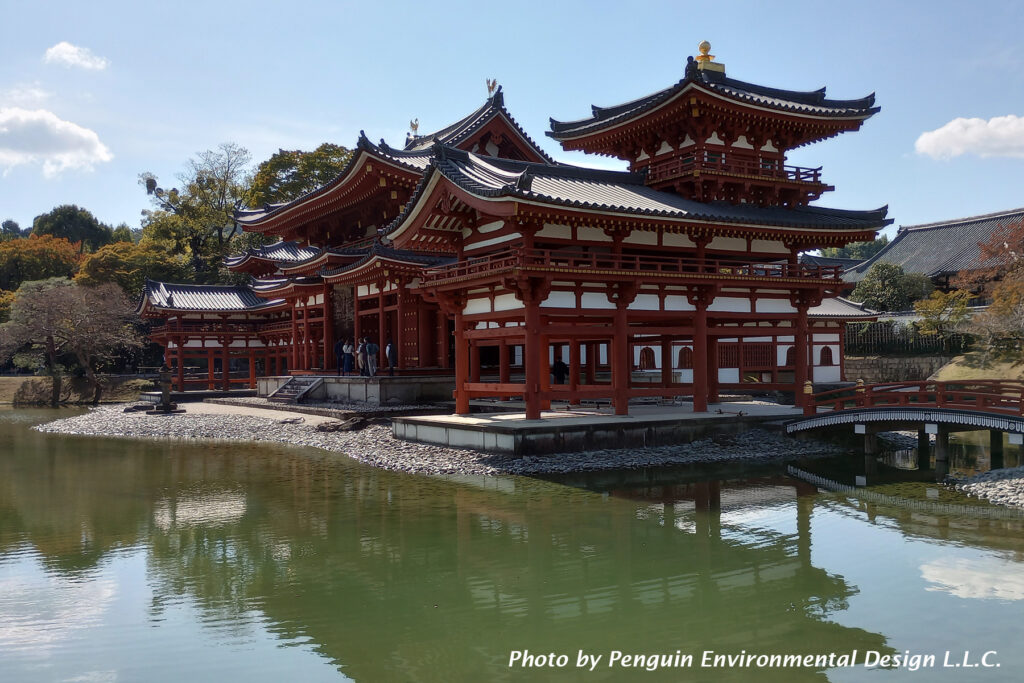
Historically, no matter where it is, some gardens have been the place where people materialize their ideal world. Gardens in Japan are no exception. Buddhism was introduced to Japan in the sixth century. Then, it made people visualize the image of the place where they wanted to be after death. Sukhāvatī, or Gokuraku-Jodo in Japanese, […]
Imperfection in Japanese gardens
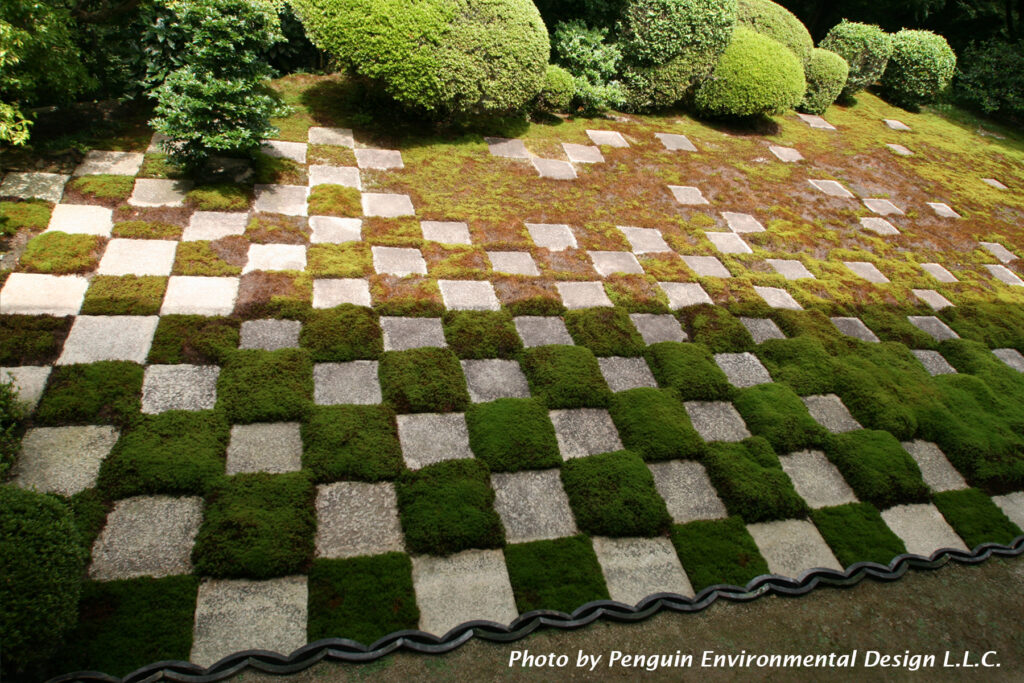
“The flow of the river never ceases, and the water never stays the same…” This is the opening phrase of Hojoki, a famous Japanese essay by Kamono Chomei in the 13 century. Almost all Japanese children learn this in their schools. I think that transience is something that many Japanese hold in their minds, which […]
“Water in Japanese Gardens” Talk at the Jay Heritage Center
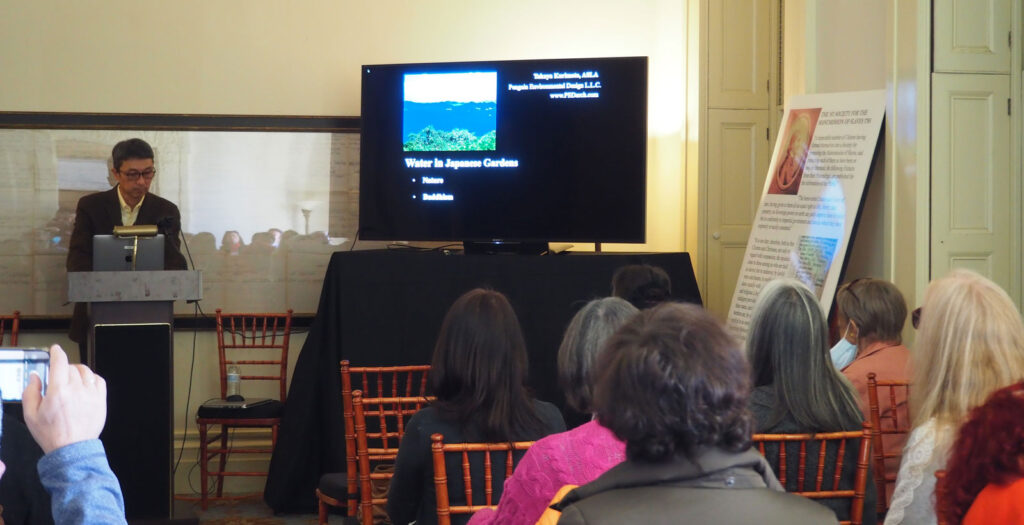
PED’s Takaya Kurimoto gave a talk on “Water in Japanese Gardens” at the Jay Heritage Center for the annual meeting of the Japan Society of Fairfield County (JSFC). Water has been one of the most important elements of Japanese gardens. Even Japanese “dry” gardens have imaginary water. It is the catalyst for taking people to […]

